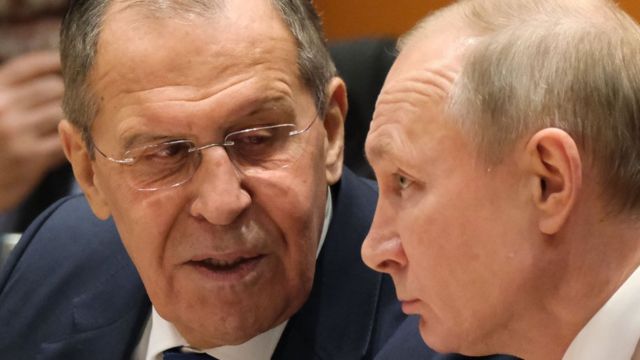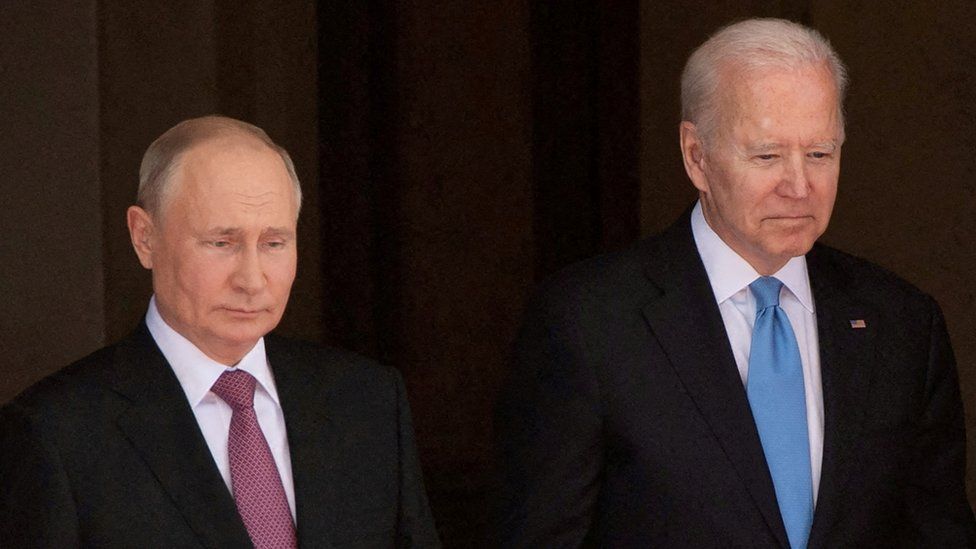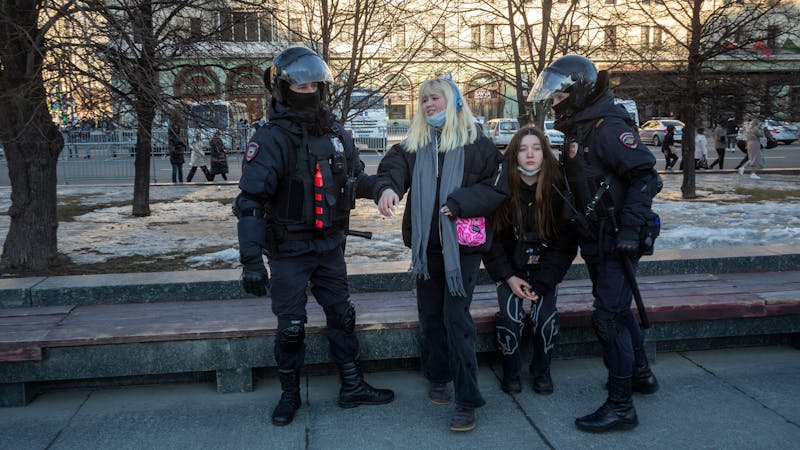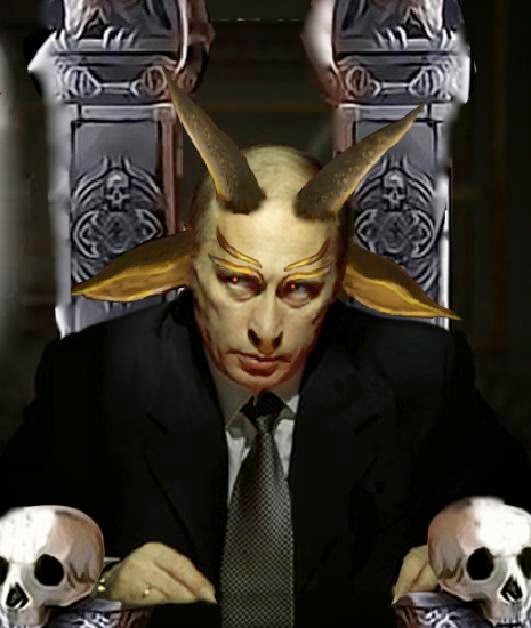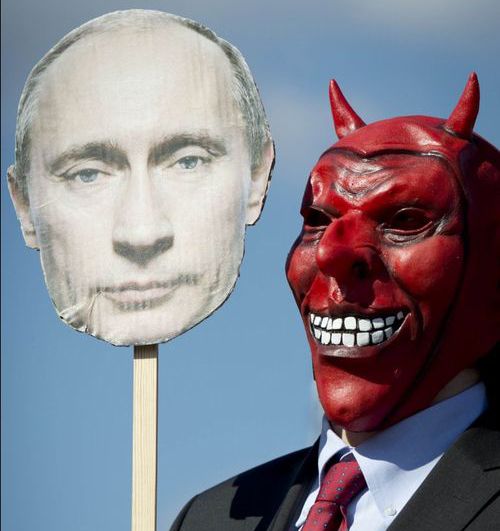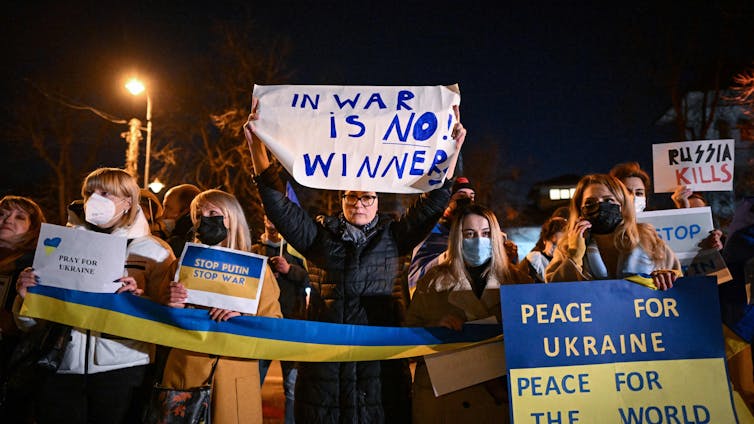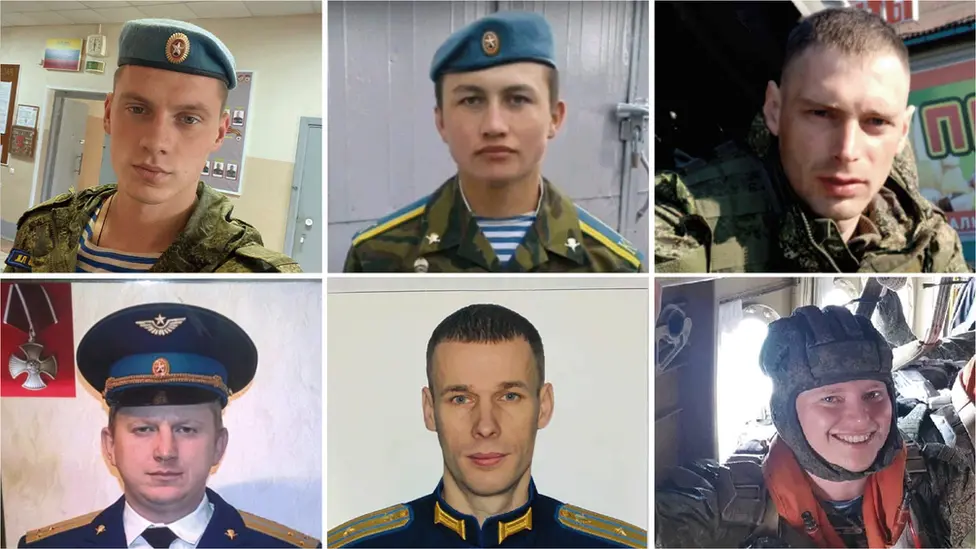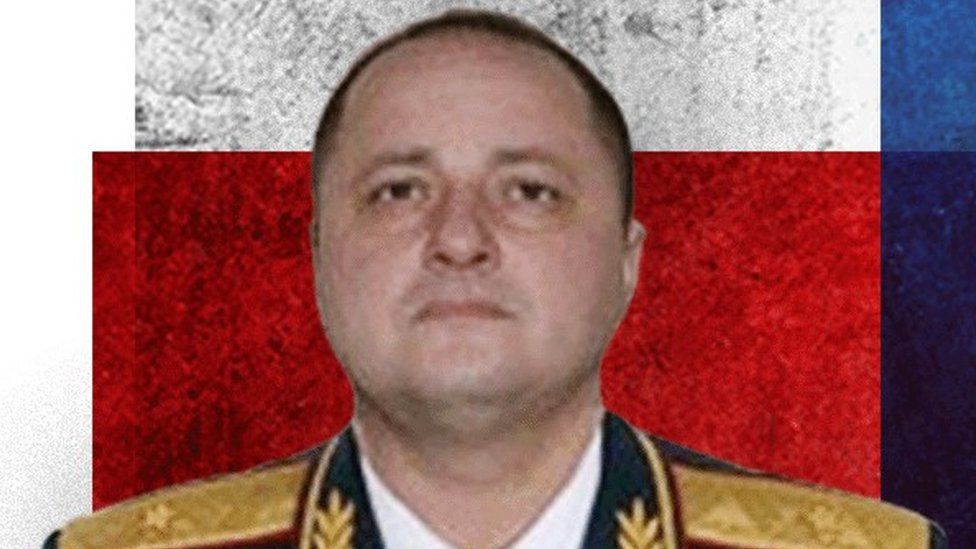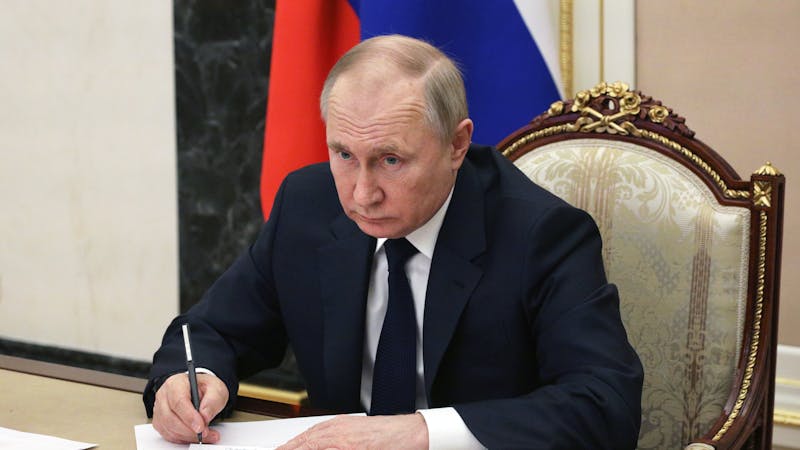
Jonathan Este
Two weeks into Russia’s war on Ukraine and the small sense of optimism some of us felt this time last week at the strength of the resistance to Putin’s war machine has given way to dismay at the atrocities we are now seeing daily as Russian forces lay siege to Ukraine’s big cities. What Vladimir Putin may have imagined as a relatively easy “military operation” looks to have descended into siege warfare, with all the horror that entails.
Yet Russian military losses are mounting, the ruble has gone through the floor as sanctions bite and, all the while, a constant message of defiance emerges from Kyiv where Ukraine’s president, Volodymyr Zelensky, is rallying resistance to the invasion.
This week, the UK parliament rose to give Zelensky a standing ovation after his stirring address in the House of Commons which invoked the spirit of Winston Churchill as he vowed to fight the Russians: “We will fight in the forests, in the fields, on the shores, in the streets.” Here’s a profile of the comedian who rose to the occasion as Ukraine’s wartime leader.
Horror of war
But the footage coming out of cities such as Mariupol, where yesterday a hospital and maternity centre were bombed to rubble, targeting mainly women and children, was a new low point. What has become of the UN’s much-vaunted “responsibility to protect”, asks Peter Lee, professor of applied ethics and director of security and risk research at the University of Portsmouth.
There’s no doubt that the deliberate targeting of civilians is a war crime – international law is quite clear on this point, as Maria Varaki, co-director of the War Crimes Research Group at King’s College London, highlights. In fact, the law prohibits much of what appears to be Russia’s tactical manual at present.
So will the Russian president ever face justice for starting this war? That’s a good question, and Catherine Gegout, associate professor in international relations at the University of Nottingham, makes the point that past precedents don’t bode well.
How do we stop it?
Another question is how can Putin be stopped? Until recently it appeared that the Russian president seemed to have a complete hold on power through a combination of political power and cronyism, control of media and harsh stifling of popular dissent. But are cracks beginning to appear in all three? Ben Noble, associate professor of Russian politics at UCL assesses the situation.
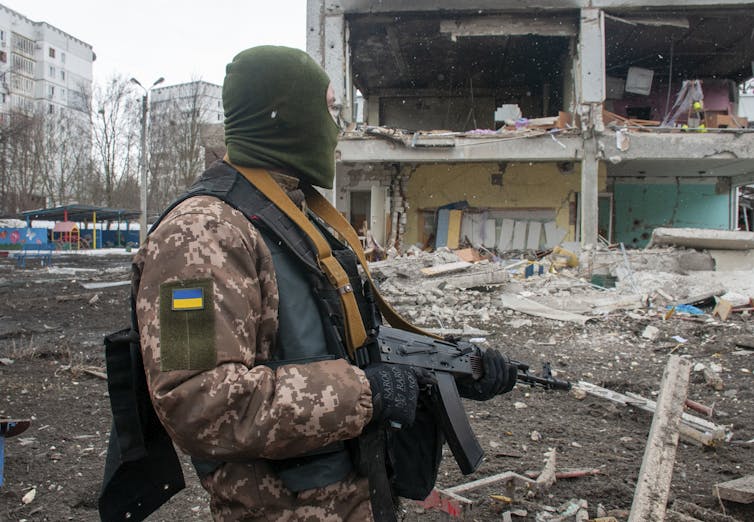
A negotiated settlement looks a long way off for now. Talks have resumed today in Turkey, but given how far apart and entrenched both sides have become – and after the murderous onslaught directed at civilians over the past fortnight – it’s hard to see where common ground can be found.
Past experience suggests that this war will not end quickly – as does the academic research, which two experts in political science, Douglas B. Atkinson and Kevin Fahey, explain here.
In a terribly depressing way, this is good news for the world’s arms manufacturers who are expecting a bumper year in 2022. Peter Bloom, an expert in the relationship between the economy and politics from the University of Essex, crunches the numbers and argues they show we need to attack the economic root causes of this military aggression.
Meanwhile the floods of people, mainly women and children, fleeing the violence continues to mount. And the UK government is coming under fire for its failure to match the generosity of Ukraine’s neighbours and Britain’s erstwhile friends in the European Union. What’s more, as Catherine Briddick, an expert in international human rights and refugee law at the University of Oxford, explains, it means the UK itself is failing in its obligations under international law.
Save the date
I’ll be hosting a webinar on the war in Ukraine on Monday March 14, with four outstanding scholars of politics, economics and migration from UK and US universities. Do let me know if you have any questions that you want our expert panel to address. I hope to see you there.
Ukraine Recap is available as a weekly email newsletter. Click here to get our recaps directly in your inbox.
Jonathan Este, Associate Editor, International Affairs Editor, The Conversation
